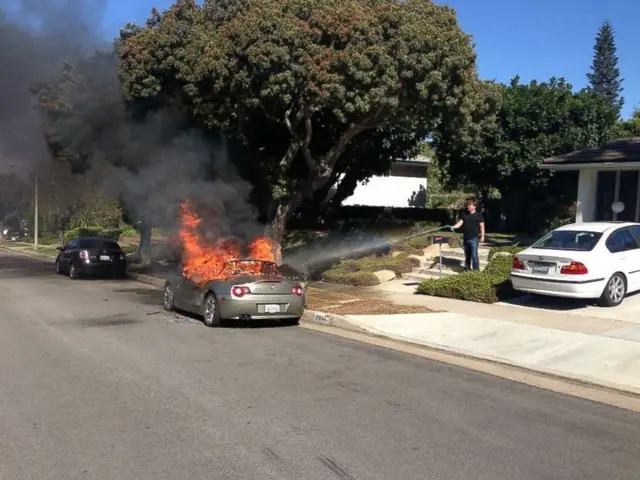Egyptians started casting their votes Tuesday on the country's new draft constitution, which is widely seen as a milestone during Egypt's political transition after Islamist president Mohamed Morsi was ousted last July.
The two-day referendum opened at 9 a.m. local time (0700 GMT) in the country's 27 governorates and was scheduled to close at 9 p. m. (1900 GMT).
The new constitution, which to replace the one mainly written by Morsi's Islamist allies in late 2012, is a prior stage in the country's future military-backed roadmap.
If the draft document is approved, Egypt will go through parliamentary and presidential elections, and the post-Morsi transitional period will come to an end in mid-2014, six months at most after the referendum.
A massive security operation was underway to protect polling stations and voters with 160,000 soldiers and 200,000 policemen, in addition to about 650 battle groups to swiftly interfere in case of disorder.
Shortly before polls opened, an explosive device went off outside a court in Giza, part of Greater Cairo. The blast damaged the front walls of the building and nearby cars but caused no casualties.
In Upper Egypt's Beni Suef governorate and Sohag, four was killed in clashes between Morsi's supporters and the armed forces, Khalid Al-Khateeb, head of the Intensive Care Administration told Xinhua. Meanwhile, another person was reported dead in Cairo due to heart attack while standing in the long queues to give his vote.
Outside voting stations, crowds of people carried posters showing their support for Defense Minister Abdel Fattah Al-Sisi, who removed Morsi last July in response to massive protests against his one-year turbulent rule.
"The new draft is not the best, but it focused more on the equality of women, minority and different religions," the 63-year- old lawyer Aminah Abdel-Zaher said, adding that a "Yes" vote means stability, democracy and development of the country's judicial system.
According to the High Electoral Committee, nearly 14,000 judges as well as about 17,000 qualified international and local organizations would oversee the third referendum since long-time ruler Hosni Mubarak was overthrown in February 2011.
Amr Moussa, leader of the 50-member constitution amendment panel, defended the new draft before and said the nationwide turnout of the referendum would be expected at an unprecedented high level. More than 52 million people are eligible to take part in the polls.
Interim President Adli Mansour urged the Egyptians on Tuesday to participate in the referendum. "Your vote is a national duty," he told to the state TV after casting his ballot.
In the northern Nile city of Mansoura, protesters were chanting slogans against military and raising the yellow four-finger gesture in support of the Rabaa al-Adawiya sit-in that was dispersed in a military crackdown in August, leaving nearly a thousand of protestors dead.
Mohsen Darwaly, 53, a biology professor at the Mansoura University, voted with "No" because the new draft was "based on an illegal military movement."
Although a lot of Egyptians consider a new constitution as a prerequisite for stability and security in the turmoil-stricken country, the pro-Morsi Islamists, who condemn Morsi's ouster as a "military coup," decided to boycott the referendum as it was " illegitimate." Morsi's supporters claimed that they would stage massive demonstrations and have labeled the draft charter a " constitution of blood.''
Analysts believed a huge turnout and a sweeping "Yes" vote in the referendum, which is seen, to some extent, as a test of the popularity of the top general Sisi.
 简体中文
简体中文

